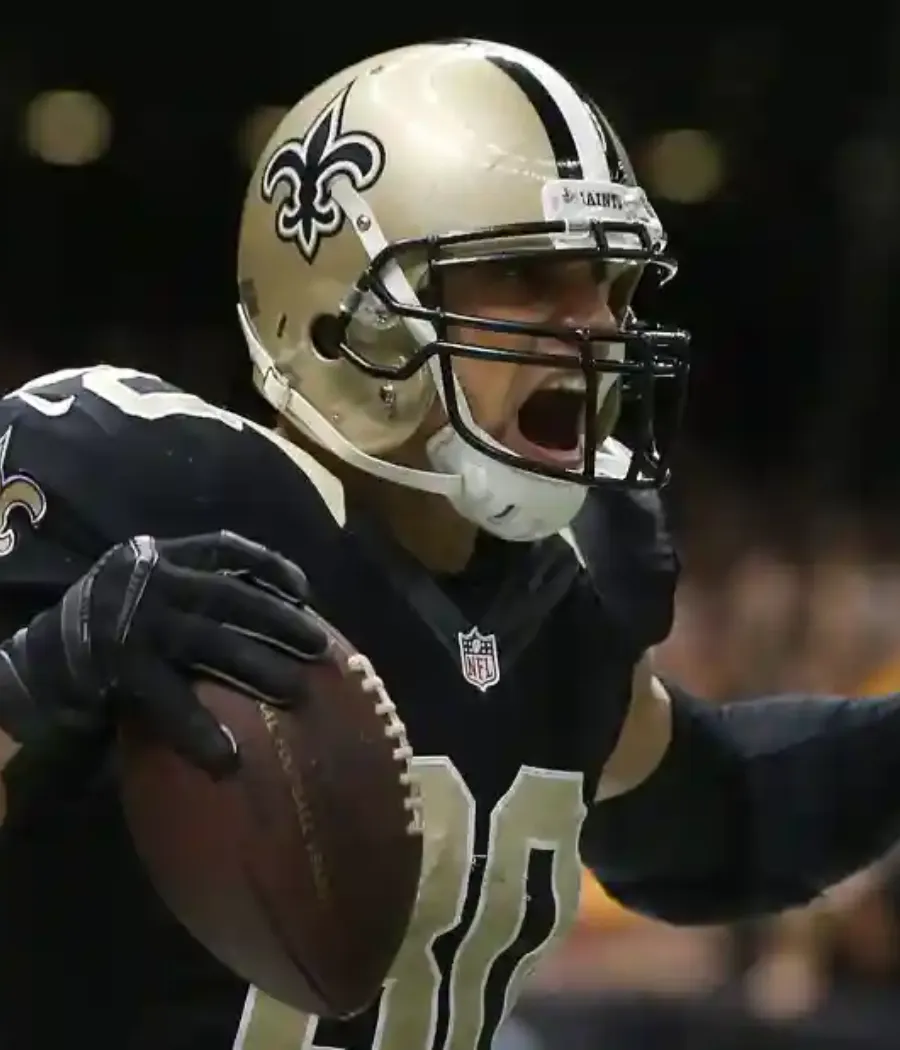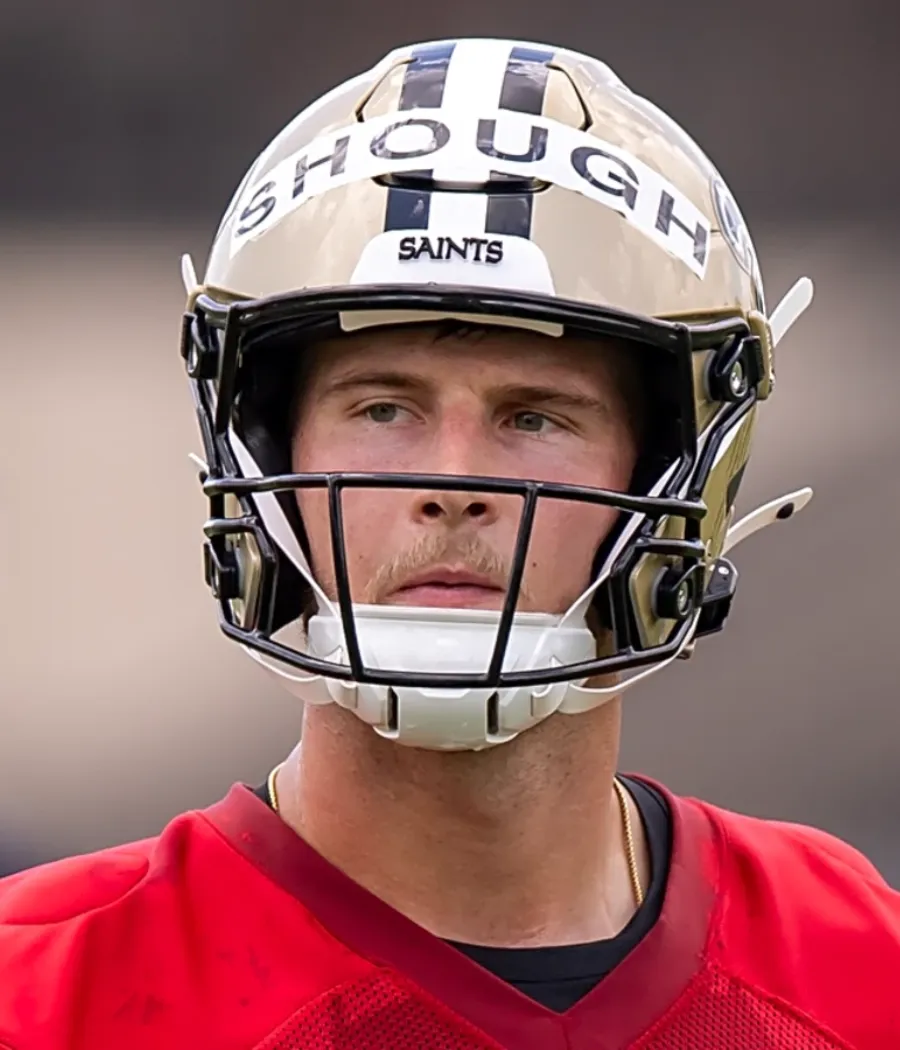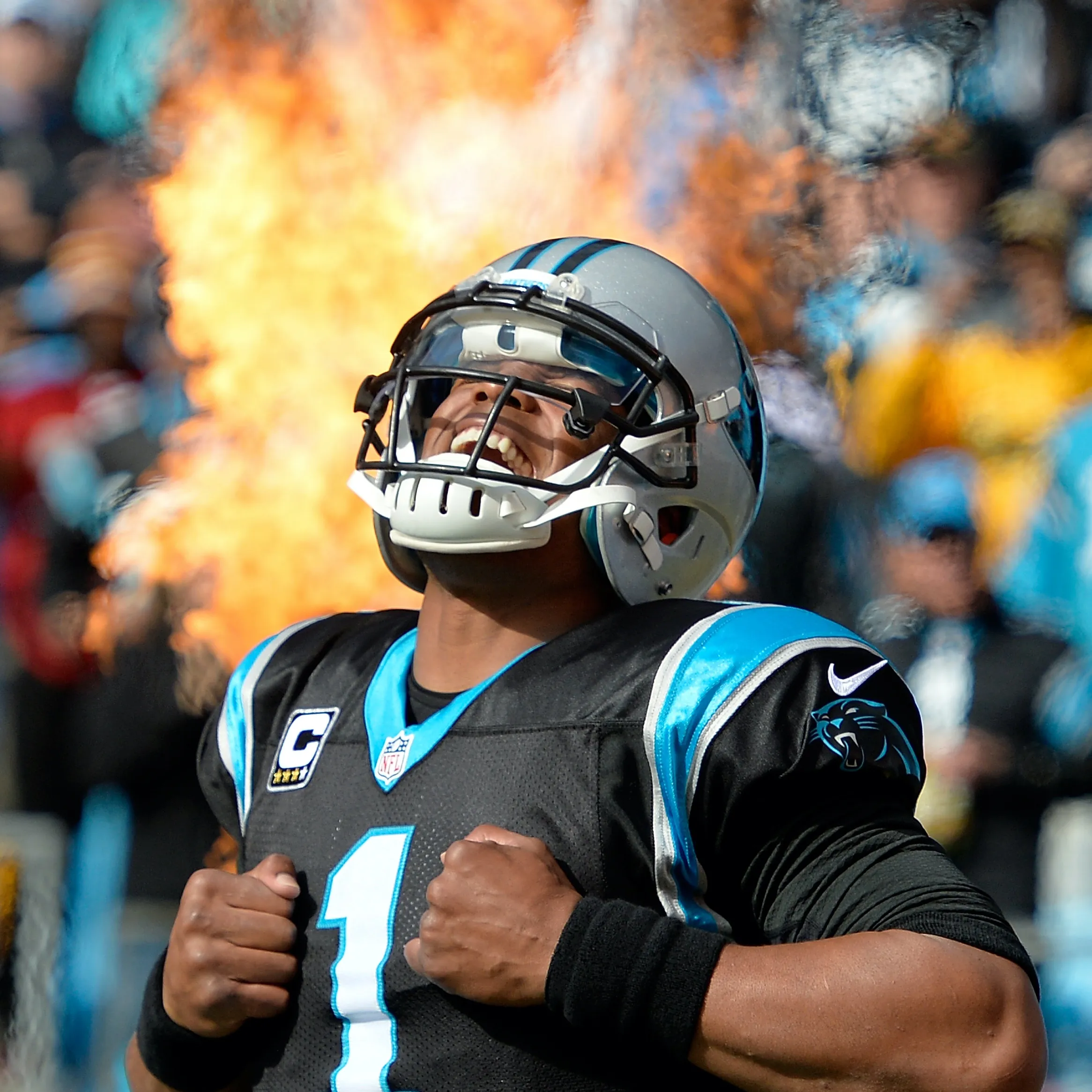An unexpected playoff exit shouldn’t tarnish what was an incredible season for the Laval Rocket.

The Laval Rocket were the top team in their division, top team in the conference, and best regular-season team in the AHL. But a four-game sweep in the Conference Final left a little bit of a cloud over the end of the season. It was a bitter pill to swallow for a team that rarely lost more than two games in a row this year, but sometimes that is just the way things go.
However, even with the sudden end to the playoff run, it would be a poor choice to ignore all the good that came in the first year under a new head coach.
A well-coached regular-season juggernaut
Laval entered this season in a tough spot. Its previous head coach had resigned to take a coaching job in the NCAA, leaving the Montreal Canadiens’ AHL affiliate to find a replacement. Almost in an act of divine intervention, Pascal Vincent fell into their laps. Even as an experienced coach at the AHL level, and one who had previously been in the running for the Rocket vacancy, there were questions about him coming off a poor season in the NHL with the Columbus Blue Jackets.
What resulted was the most consistent season since the Rocket claimed a “Canadian Division” title during the COVID era under Joël Bouchard. Under the steady hand of Vincent, along with the returning Daniel Jacob and Martin Laperriére, the Rocket found themselves more likely to rip off four or five wins in a row as opposed to losing more than two consecutive matches. They did this with veterans missing time due to injuries, top prospects like David Reinbacher missing 95% of the year with pre-season injuries and shuffling out their top goalie mid-season up to the NHL level.
Under Bouchard and Jean-François Houle there was a lot of reactivity to mistakes from some players, whereas with Vincent and his staff the lineup remained mostly intact for weeks at a time, allowing the seventh-youngest roster in the AHL time to gel. With so many young prospects, that time to mesh with linemates paid off as many of the top point performers were drafted players.
It wasn’t just offence either; under Pascal Vincent the Rocket allowed a league-low 178 goals, which was impressive considering the Rocket also led the AHL with 1101 penalty minutes. Playing the Rocket was no fun for opposing teams in the regular season. You weren’t likely to score a lot, and you were more than likely going to get beat up while losing as well.
Finding the perfect mix
What stood out the most this year for the Rocket was that this team wasn’t just reliant on one or two veterans to do everything for them. Yes Alex Barré-Boulet and Laurent Dauphin were the top point-producers, but the lineup didn’t need them to survive on a nightly basis. Jared Davidson and Florian Xhekaj each potted 24 goals apiece, with Xhekaj putting together an incredible rookie season in a primarily fourth-line role.
Barré-Boulet and Dauphin were put together with Sean Farrell midway through the season, and were never separated as Farrell became one of the hottest players in the league after barely finding the scoresheet for two months. Many fans had written Farrell off, yet by the time the playoffs ended he was one of the standouts on a team full of standouts.
On defence you saw similar patterns with Logan Mailloux, Adam Engström, William Trudeau, and eventually David Reinbacher being handed the keys to the defence alongside their veteran counterparts. Tyler Wotherspoon and Mailloux were often first on the lineup sheet while Engström paired up with Gustav Lindström, and Noel Hoefenmayer and Reinbacher combined regularly. Even Trudeau, who doesn’t grab many headlines, was always a regular contributor on the penalty kill and played on all three pairings.
At no point was ice time for prospects cut in favour of just throwing veterans out on the ice. Each line and pairing had a role to play each night. Sometimes it meant a veteran line got a little more ice time, other nights you saw the duo of Owen Beck and Davidson on every other shift. At the end of it all, it clearly worked out well given the placement in the final four.
What went wrong in the playoffs?
Simply put, the Rocket got a lesson in maturity from an older team with plenty of veterans in the Eastern Conference Final. The Charlotte Checkers were one of the most experiences teams in the AHL, whereas the Rocket entered the playoffs with one of the youngest rosters. What changed greatly was that the Rocket themselves couldn’t fight back as they normally would in the regular season. Every time they found themselves accosted after the whistle or in a scrum, the actions of Rocket players would be the only one punished. It wasn’t enough to keep a young team in check, and understandably when frustrations arose it impacted their play in a way that all their details flew out the window.
When you lack the little details, a composed team can lie in wait for you to make the slightest error. For the Rocket that was a mistimed pass, a bad pinch, or chasing a hit that didn’t need to be made on a breakout in the other direction. Every single mistake the Rocket made was punished in their four-game loss to the Checkers, and by the time they had learned their lesson in Game 4 it was too late.
Normally Laval could overcome issues with their goaltending and offensive output, but with the defence struggling to maintain form without Wotherspoon and Trudeau (both injured), and Mailloux playing through injuries as well, Cayden Primeau and Jacob Fowler had little chance to deal with the onslaught. On the other side of things, the Rocket power play struggled mightily as the Checkers clamped down on them, with the Charlotte penalty kill often being a bigger threat to score than the Laval power play.
All of it adds up to an unsatisfying end to an incredible season for Laval, but the lessons learned by the end of the conference final will serve the players well heading into next year.
What’s next?
The Rocket are in a little bit of flux heading into the off-season, with veterans rumoured or confirmed to be departing and some prospects potentially bound for NHL roles next year. We already know that backup goalie Connor Hughes is heading back to the Swiss National League, and Gustav Lindström just signed a five-year deal in Sweden. It is likely that leading scorer Alex Barré-Boulet will depart, and alternate captain Brandon Gignac has been rumoured to be eyeing a job in Europe as well. Laval is an extremely attractive destination for veterans, though, with high-quality facilities and an organization on the rise. It would be shocking to not see the Rocket add a player similar to Barré-Boulet in free agency.
On the positive side, team captain Lucas Condotta, and top-line centre Laurent Dauphin will both be back with the Rocket next year, as will team tough guy Vincent Arseneau. In addition to that, almost all of the prospects are under contract for next year with only Farrell, Xavier Simoneau, and Trudeau needing new deals. They could be bolstered by a full season from Oliver Kapanen who arrived from Europe to support the Habs and Rocket playoff pushes. David Reinbacher should have a full season to continue strengthening himself after coming back from a serious knee injury. Also likely to join the team will by Tyler Thorpe who has signed his entry-level contract.
In net, there are questions beyond Jacob Fowler who should be the likely starter for next year. Cayden Primeau, who was likely the team MVP for his efforts at the end of the season, is a restricted free agent, but it is unclear where he fits overall in the Habs’ hierarchy of goalies. Luke Cavallin could be a potential option after a dominant ECHL season and being named playoff MVP for the Lions de Trois-Rivières after their Kelly Cup victory. Chances are strong that John Sedgwick will seek out a veteran to be the mentor for Fowler, much like Hughes was for Jakub Dobes to start this season.
It is very easy to look at the disappointing conference final and declare the season a bust or a failure. However, the Rocket built up most of their top prospects and brought in some of their prospects from outside the North American pro leagues and gave them time to adjust before expanding their roles next year.
The team finished as North Division champs, with the best record in the AHL. The ending was a disappointment, but that doesn’t mean we should ignore all the incredible moments the team gave us along the way, and how it will help in the ultimate goal of making the Canadiens deeper in the coming years.

-1751206808-q80.webp)

